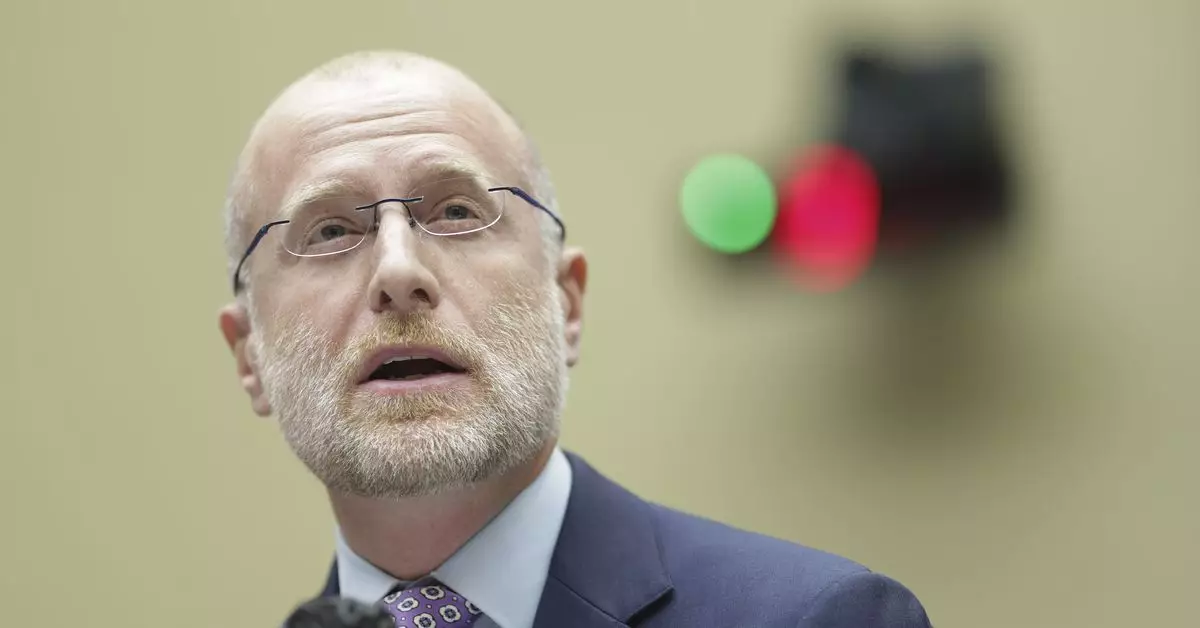The appointment of Brendan Carr as chairman of the Federal Communications Commission (FCC) under President Donald Trump marks a significant shift in the regulatory landscape of communications in the United States. Carr, who has held a commissioner position since 2017, is well-known for his contentious stance on free speech online and the regulation of broadcasting. His track record suggests a willingness to wield FCC powers in ways that could lead to heightened tensions between tech companies and regulatory bodies.
One of Carr’s key initiatives is directly tied to the ideologically driven Project 2025, which aims to impose stricter regulations on social media platforms. A notable aspect of Carr’s proposals includes the potential revision of Section 230, a legal provision that currently protects tech companies from liability for user-generated content. By advocating for limitations on this legal shield, Carr’s agenda appears to prioritize the promotion of conservative viewpoints while dismantling protections that have long been a safeguard for online speech.
This effort to reshape the online discourse landscape raises critical questions regarding the potential backlash from tech companies and civil liberties organizations. Such a shift could facilitate an environment where platforms might face pressure to restrict diverse opinions, leading them to engage in self-censorship to avoid punitive actions from the FCC. As part of this landscape, the impact could not just affect conservative voices but threaten the overall fabric of free expression in digital spaces.
Carr’s rhetoric and actions raise formidable concerns surrounding his approach to regulating media outlets too. In a recent instance, the commissioner suggested the radical idea of revoking NBC’s broadcast license in reaction to a satirical segment on Saturday Night Live featuring Vice President Kamala Harris. Such statements epitomize a broader trend in media scrutiny, where regulatory bodies might engage in overt punitive measures against dissenting voices in the media landscape.
This inclination towards targeting specific broadcasters can lead to a chilling effect, where media organizations may hesitate to air politically charged content or take editorial stances that challenge dominant narratives out of fear of retribution from the FCC.
Carr’s tenure is also marked by his controversial decisions regarding net neutrality. In 2017, he was instrumental in the repeal of the net neutrality regulations that had been in place for years, which aimed to ensure that all internet data was treated equally. More recently, his vote against restoring these measures indicates a persistent commitment to deregulation, which advocates argue could lead to disparities in internet access and quality based on income or corporate interests.
As the digital realm continues to evolve, Carr’s leadership could spark ongoing debates about equitable access to information and the integrity of free speech online. His policies may usher in a new era where the role of the FCC is fundamentally transformed, potentially prioritizing ideological conformity over the protection of diverse viewpoints and fair access to information.
The implications of Brendan Carr’s potential chairmanship of the FCC extend far beyond regulatory intricacies; they present significant challenges to the principles of free speech, media diversity, and net neutrality. As the digital age progresses, it will be crucial to monitor how his policies shape the communications landscape and what they ultimately mean for the future of expression in America.

